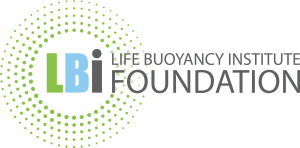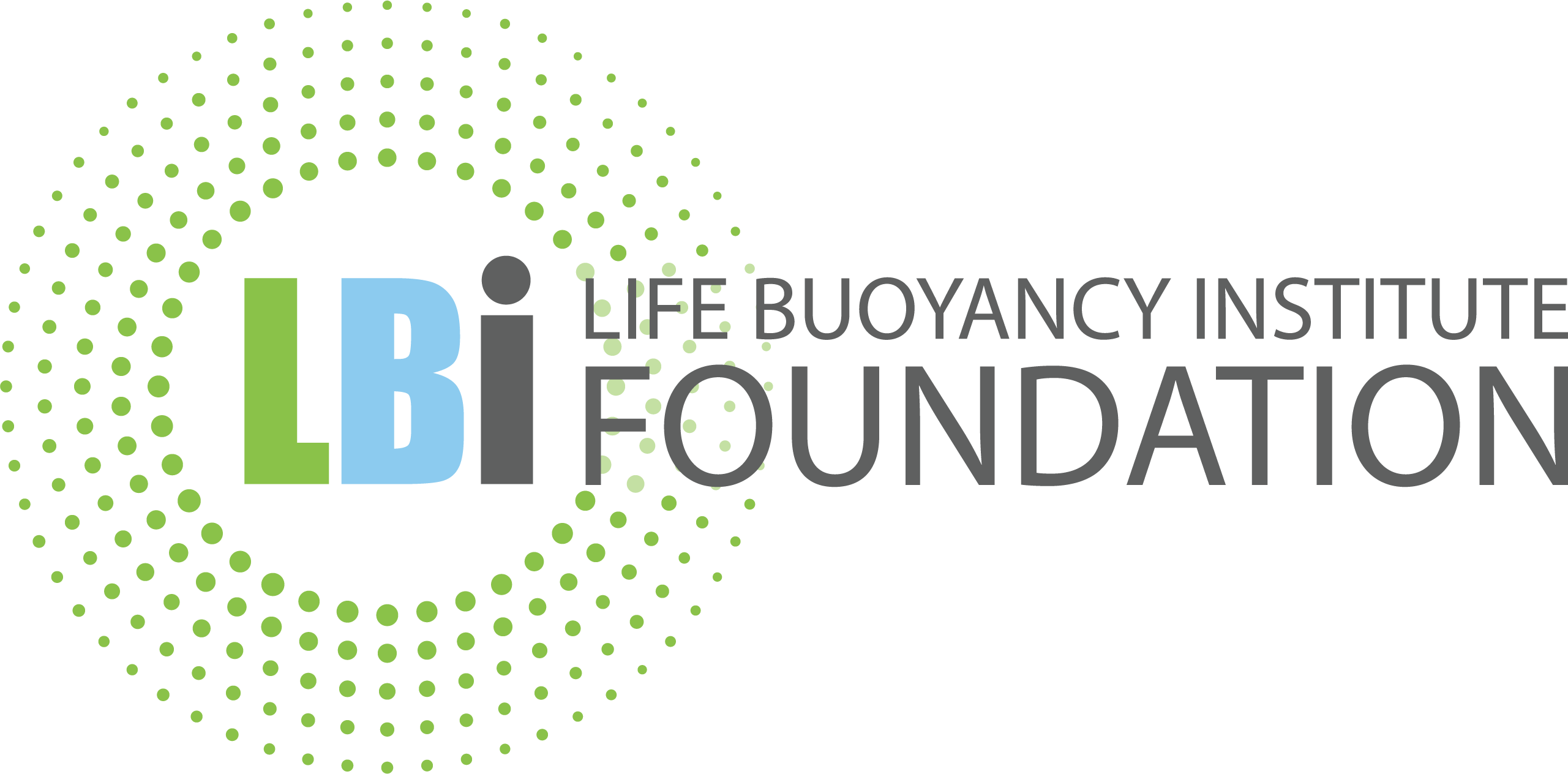We Embrace Complexity and Shared Solutions
In How Mental Health, Wellbeing and Community Services are Delivered
Across Australia, mental health and wellbeing problems are increasing, with this magnified across vulnerable communities.
The reasons are varied and complex. Mental health and wellbeing must be understood through the interaction of the individual and their social and community context.
Local communities offer a range of unique contextual factors that are key to understanding mental health and wellbeing. These include:
- Socio-economic factors.
- Local industry changes.
- Individual COVID-19 impact.
- Drought, floods and climate change.
- Access to greenspace.
- Vocational and educational opportunities.
- Trauma related to natural events, family violence, or disconnection from culture and identity.
- Individual and collective cultural factors.
Across local communities many people and organisations are doing great work. However, it is not uncommon for this to occur in a silo, or isolation, where individuals and agencies work really hard in their own patch, but may overlook opportunities, or lack the tools and methods to collaborate and develop shared responses and solutions.
This is so important because there are no quick fixes when it comes to responding to complex issues like mental health, domestic violence, child protection, student disengagement and chronic health.
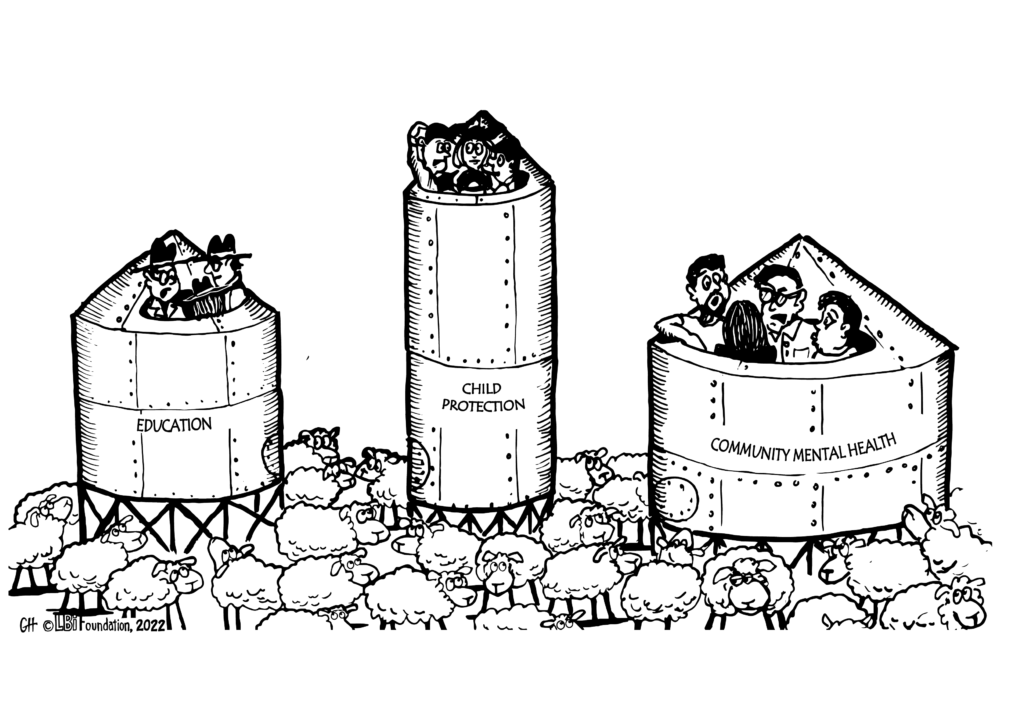
The siloing of programs and services across some communities
Our Intent
Building of Wellbeing and Trauma Responsive Local Communities
Where all community members thrive
A key pillar to improving mental health outcomes are community owned and led wellbeing solutions. In other words:
Intentionally delivered programs, responses, strategies or interventions that help people get back on their feet when life has got on top of them, and to prevent and stop people getting here the first place.
This approach embraces complexity in understanding the individual factors driving mental health outcomes in a local community, and brings focus to local and culturally sensitive solutions.
A wellbeing and trauma responsive community is when community members, teams and agencies:
- Have a detailed understanding of the science of wellbeing, trauma, growth and human development, as made practical for individual and collective community members.
- Can intentionally respond (rather than react) to the individual growth, trauma, developmental and mental health needs of community members.
- Can intentionally build the capacity (including awareness, skills and mindsets) of all community members for thriving outcomes.
- Are empowered to work side-by-side together with shared intent, and can co-construct shared wellbeing and growth solutions (Growth Action Plans) that respond to the specific mental health and wellbeing needs of individual and collective community members.
In other words, integration, collaboration, shared intent and empowerment are the drivers of growth and change within a local community.
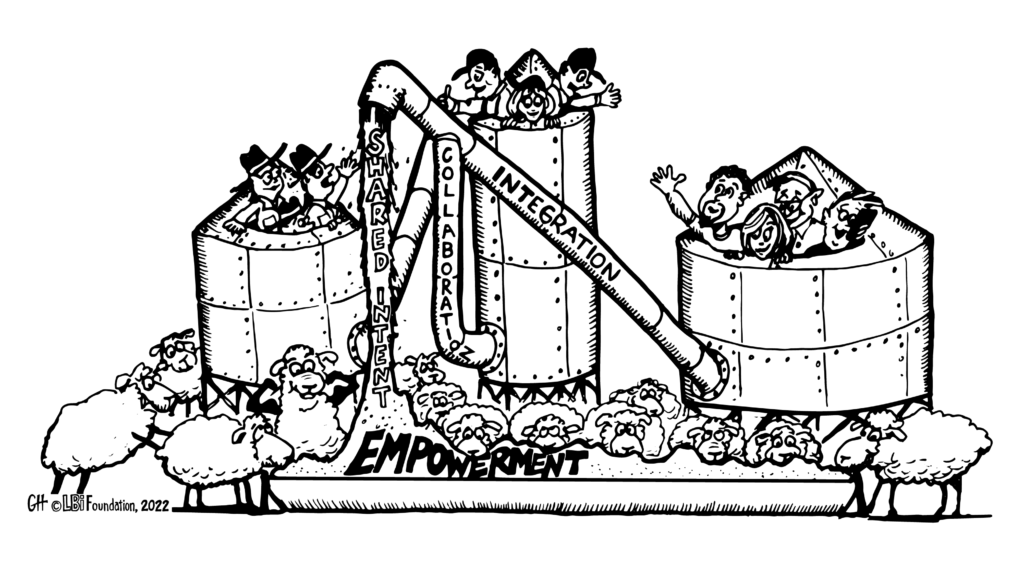
Communities delivering support and services with shared intent

How Do We Do This?
Partners in Locally Led Capacity Building
- We seek to understand the unique context and needs of a local community or region.
- We co-design a capacity building program that draws upon a suite of services from the IMPACT Program, including training, coaching, accreditation, resources and practical tools.
- This program is tailored to the specific needs and outcomes of the local partner community, and is positioned to strengthen and not replace existing initiatives.
- The program is informed and guided by a capacity building strategy which is underpinned by the science and practice of intentional practice.
- The strategy is designed to build shared language, knowledge, skills and methods from the “system” (whole-of-community) to moment-to-moment support for community members.
Language
Knowledge
Skills
Methods
Community Partner Stories
Further Information
If you are interested in learning more about how we can support your community, please contact John Shepherd on john.shepherd@lbi.org.au
